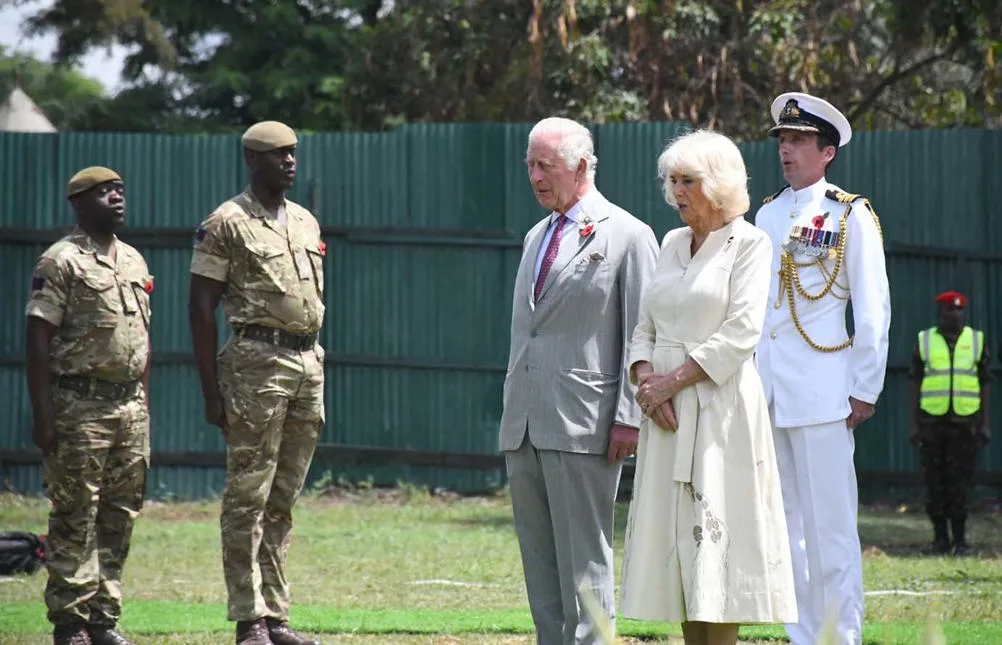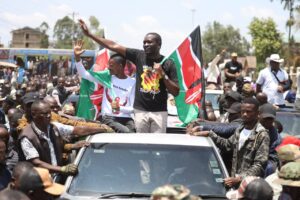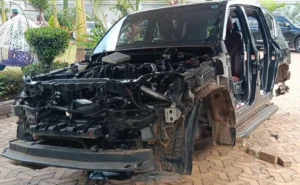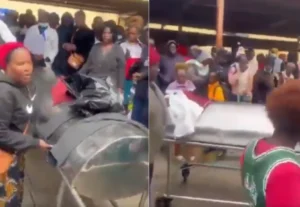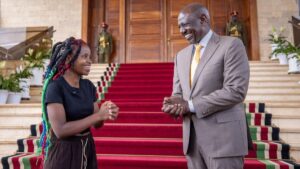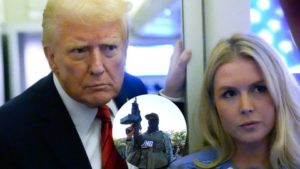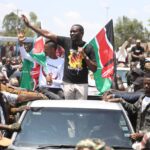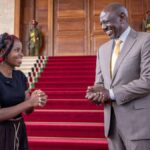After acknowledging colonial atrocities, King Charles visited ‘Kariokor War Cemetery and laid a wreath. He also gave campaign medals to World War veterans.
The name “Kariokor” originated from a mispronunciation of “Carrier Corps” by Africans and has become a famous place in Kenya. It served as a recruitment center for a significant number of young people.
Kariokor is renowned for its curio shops, garages, and “jua kali” sheds, and features 59 graves of unidentified Africans who died in World War II, along with several religious cemeteries.
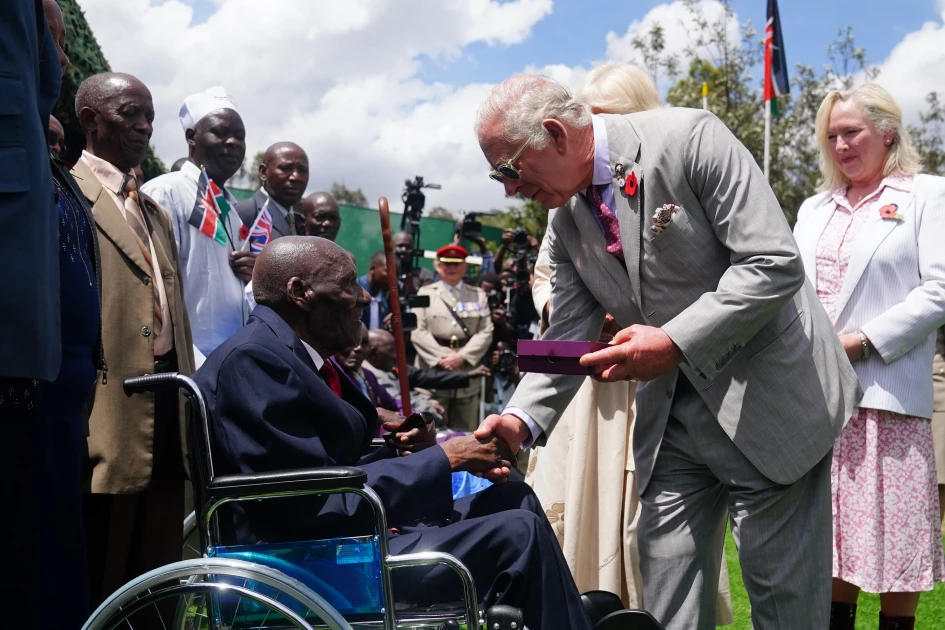
What You need to know
- The Carrier Corps was a labor corps established in Kenya during World War I to provide military labor to support the British campaign against German army forces in East Africa.
- Africans were enlisted by force into service to offer assistance and protection in challenging or hazardous situations. For some Africans, this presented a chance to evade the oppressive colonial hut and poll and to earn a respectable income.
- Once enlisted, the Africans were provided with a brief period to say goodbye to their loved ones, with the grim realization that they were highly unlikely to come back.
- Interestingly, the men were not designated by name or title as is frequently the case with statues. Maybe this would have elevated them to the lofty status of heroes, which was not the purpose.
- By the conclusion of the war, nearly 50,000 Africans had perished due to combat, illness, or simply vanished in a conflict they could not comprehend.
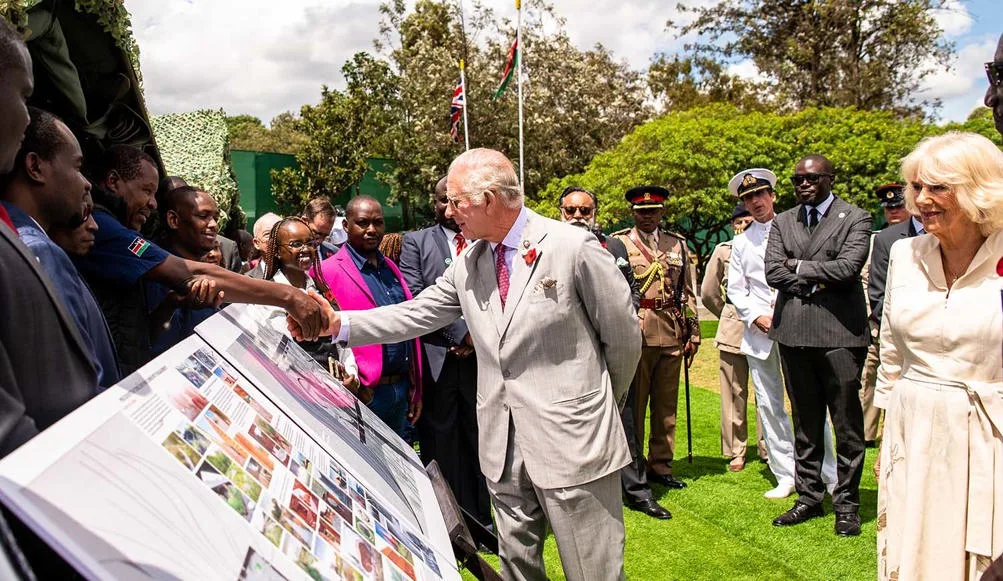
“I hope we can do something special for you,” King Charles told one veteran as he handed out medals to the former soldiers, part of a British initiative to tardily acknowledge the contribution and sacrifice of non-European troops to the war campaign.
‘Facing the Empire’s Dark Past,’ screamed the Wednesday Standard.
Greeted by Prime Cabinet Minister Musalia Mudavadi, Nairobi Governor Johnson Sakaja, and the East Africa Commonwealth War Graves Commission (CWGC) manager, Daniel Achini, the King and Queen took part in a wreath-laying ceremony at the graveyard.
Sakaja highlighted Nairobi was the first city to get the Commonwealth Charter and the ongoing efforts to preserve the land housing the cemetery, which holds 33 Commonwealth burials of the Second World War. Mudavadi emphasized the importance of the visit emphasizing the shared history of Kenya and Britain during World War 1 and 2.
They awarded four veterans, who fought alongside the British, medals to replace the ones they had disposed of during the Mau Mau uprising. Samweli Mburia who is 117 years old and a veteran of the war, told AFP he had originally received a medal during colonial rule but got rid of it because he “feared retribution” from independence fighters.
The King and Queen began their second day of a state visit to Kenya on Wednesday as survivors of colonial-era injustices criticized his failure to issue a full apology and propose reparations.
On Tuesday night, President William Ruto commended the monarch’s initiative towards going beyond the “tentative and equivocal half-measures of past years”, but said much remained to be done.
Read Also: Royal Protocol: Do’s and Don’ts
The Kenya Human Rights Commission (KHRC), had earlier sent a 10-page document on Monday to the UK High Commission in Nairobi, urging the King to “issue an unconditional and unequivocal public apology” for colonial abuses, dismissed his remarks as “nothing to write home about”.
“In no way did he acknowledge any of the grave concerns that we have raised,” KHRC programme adviser Martin Mavenjina told AFP.
“One would have expected an apology but the king has fallen short of apologizing.”
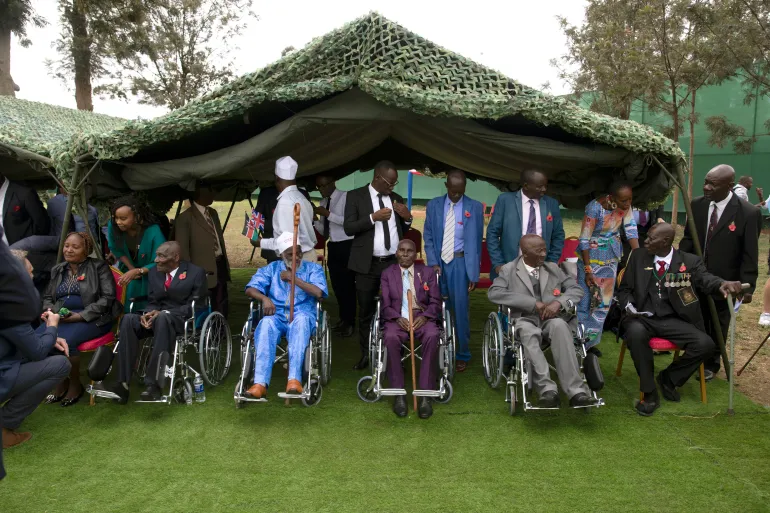
After their trip to the graveyard, the royal couple proceeded to the United Nations (UN) Headquarters in Gigiri, where they were greeted by the UN Director General Zainab Hawa Bangura.
The Kariokor cemetery, dedicated to the Carrier Corps of World War One, is among Nairobi’s primary burial grounds. It honors the contributions of those who went unacknowledged individually, with 59 Commonwealth casualties from the Second World War, including three unidentified soldiers from African regiments like the King’s African Rifles, East African Army Service Corps, and the East African Army Medical Corps.
The British Administration formed a military labor organization, the Carrier Corps, which ultimately recruited or conscripted over 400,000 African men for porterage and other support tasks.
The Carrier Corps transported all the supplies essential for the soldiers’ survival throughout the East African Campaign in the First World War. The Corps endured more significant losses than the combined casualties of all the other units. These events made a deep impact on the consciousness of the Africans in Kenya.
The mobilization and suffering of many East African tribal people for a distant and irrelevant foreign cause had lasting effects. It exposed the weaknesses of the European presence in Africa, as native Askaris were capable of killing white men, and it also increased African political awareness about the importance of defending their interests subsequently contributing to the groundwork for later independence movements and the formation of post-colonial African states.
The Carrier Corps are commemorated on the War Memorials in Kenyatta Avenue, Nairobi, and Jomo Kenyatta Avenue, Mombasa.
Several East African towns have districts named after the carrier corps presumably because members of the corps were given housing in these places. Such neighborhoods include Kariakor in Nairobi, Kariakor in Voi, Kariakoo in Dar es Salaam, and also in Dodoma.
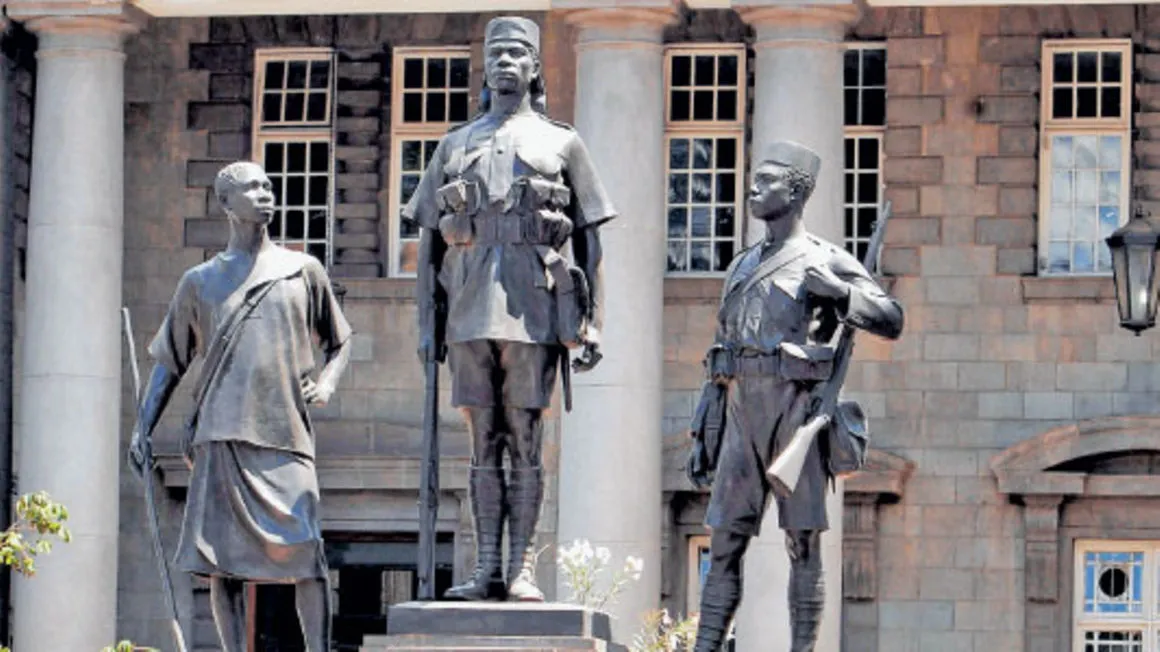
It remains to be seen whether the leaders of other former colonial powers will eventually offer apologies or engage in further acts of reconciliation during their visits to former colonies. As Charles walked through the remnants of Britain’s colonial history in Kenya on Tuesday, a similar process of re-evaluation of colonial wrongdoings was underway in neighboring Tanzania.
Subscribe to Switch TV for more interesting content
For instance, French President Emmanuel Macron, during his visit to Algeria, did not ask for forgiveness but rather expressed his country’s willingness to engage in discussions about the colonial past and its impact on Algeria. He mentioned the importance of addressing historical injustices and forging a new path forward.
While there may not have been a formal apology for the injustices committed during the colonial period, leaders like Macron, just like German President Frank-Walter Steinmeier in Tanzania, acknowledged the need to confront the “dark” legacy of colonialism. They emphasized the importance of reviewing the historical wrongs to pave the way for a new chapter in the relationships between former colonial powers and their former colonies. These statements indicate a growing recognition of the need for reconciliation, understanding, and cooperation in addressing the painful aspects of colonial history.


